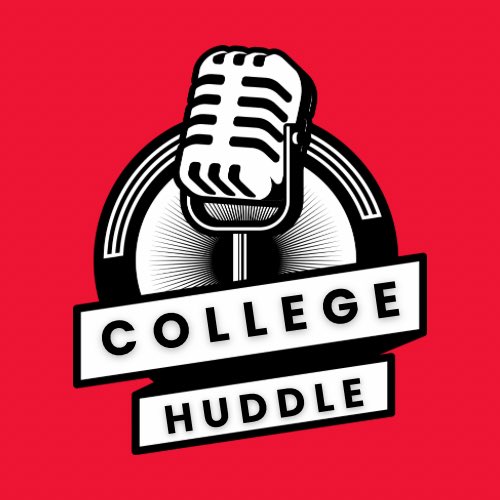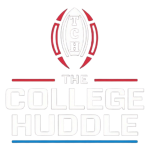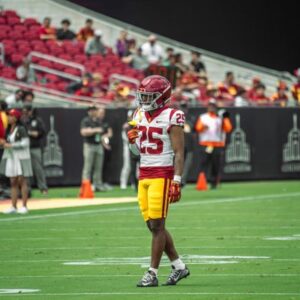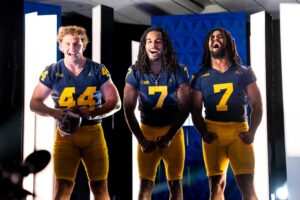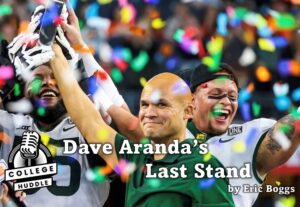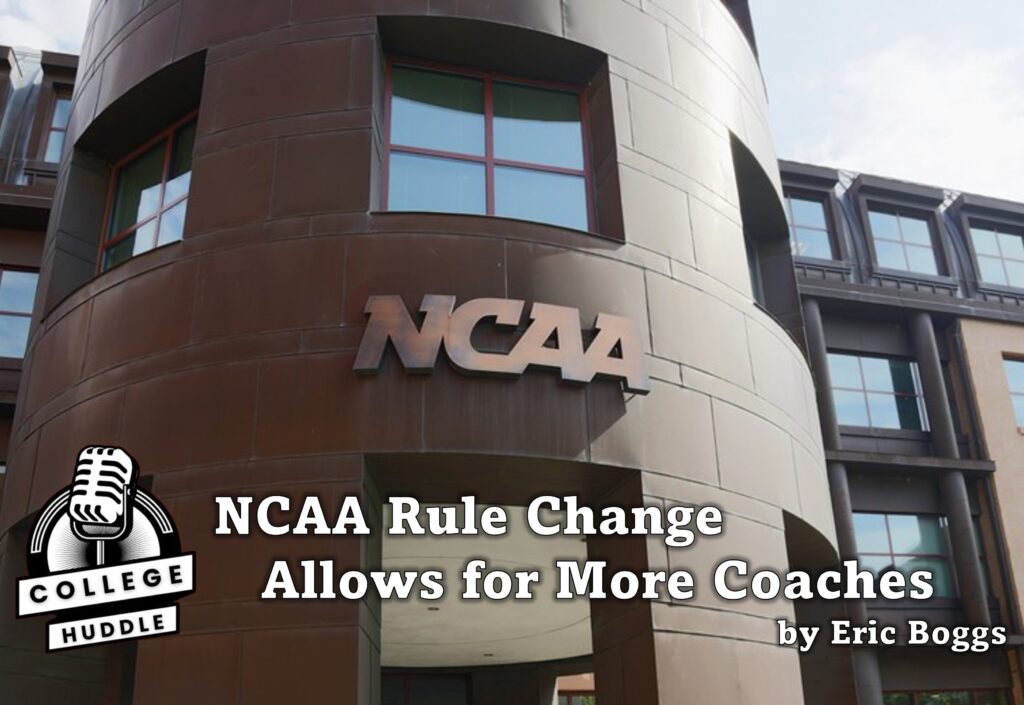
NCAA Rule Change Allows for More Coaches
The Division I Council approved a new rule on Tuesday that will let any staff member give technical and tactical coaching to student-athletes. This rule, recommended by the Football Bowl Subdivision (FBS) and Football Championship Subdivision (FCS) Oversight Committees, will be in effect as soon as the meeting wraps up on Wednesday.
Under the new rule, any staff member can now coach student-athletes during practices and games. This sounds like a game-changer, but it doesn’t affect the number of off-campus recruiters. FBS teams still have a cap of 11 recruiters, while FCS teams can have up to 13. National service academies get a bonus with four extra off-campus recruiters. The head coach must be one of the off-campus recruiters, and only those who coach on campus regularly can recruit off-campus.
FBS programs can also keep their four graduate student coaches and five strength and conditioning coaches. The number of student assistant coaches will match the number of off-campus recruiters allowed.
“This change helps modernize support for student-athletes by giving them more coaching resources. But we’re keeping limits on recruiting staff to ensure a level playing field and focus on local decisions about student support.”
Josh Whitman, chair of the council and athletics director at Illinois
However, it’s clear that this rule change will benefit the biggest schools with deep pockets. They can afford to hire more staff who can now provide direct coaching, giving them an edge over smaller programs.
In a surprising move, the council also voted to remove cannabinoids from the banned substances list for championships and postseason football games, effective immediately.
“The NCAA’s drug testing program aims to ensure fair play, and cannabis doesn’t give a competitive edge, We want policies that focus on student-athlete health and well-being, not punishment for cannabis use.”
Josh Whitman, chair of the council and athletics director at Illinois
Any current penalties for student-athletes who tested positive for cannabinoids will be lifted.
So, while the playing field might get a bit lopsided with this new rule, at least student-athletes won’t be penalized for off-the-field choices that don’t affect their game.
